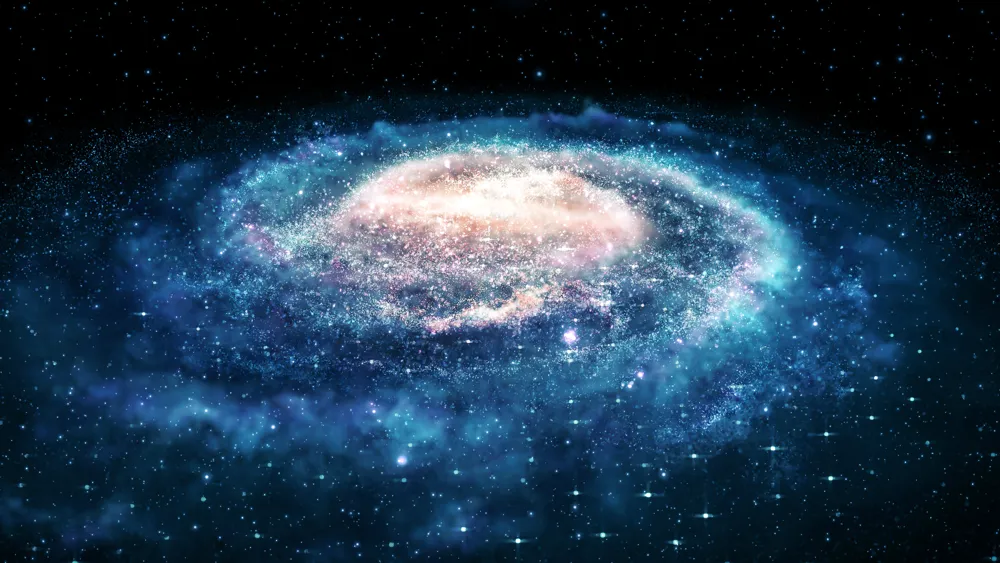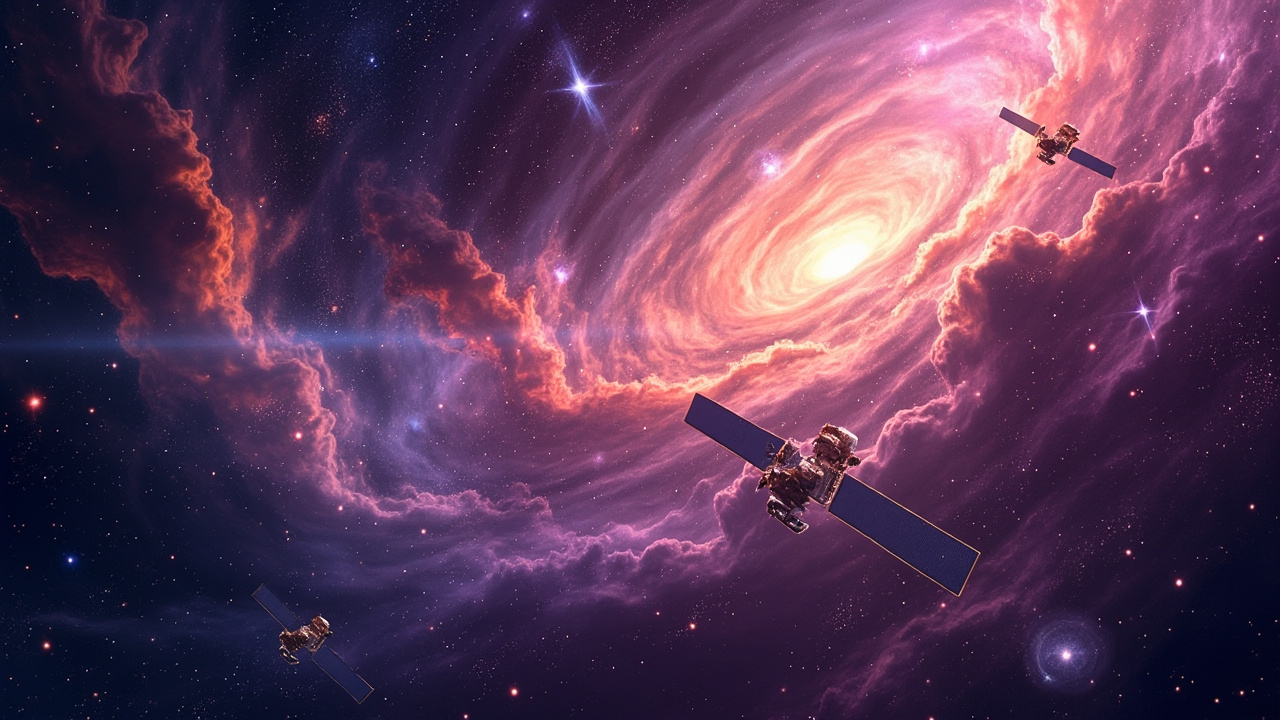Study Finds Universe Decay May Be Faster Than Expected

A research team from Radboud University has proposed a surprising new timeline for the decay of the universe, suggesting it may occur much faster than had previously been estimated. According to their calculations, the universe could reach its end in approximately 10^78 years, a significant decrease from earlier projections that placed this event at around 10^1,100 years.
The findings of this groundbreaking study, which delve into the implications of Hawking radiation, have been documented in the Journal of Cosmology and Astroparticle Physics. Hawking radiation, a concept introduced by the esteemed physicist Stephen Hawking, refers to the radiation emitted from the event horizon of a black hole.
As black holes emit this radiation, they gradually lose mass and energy, leading to a slow 'evaporation.' This research extends the application of Hawking radiation to other celestial objects, including neutron stars, indicating that these bodies can also undergo a similar process of decay.
In 2023, the researchers had released a previous paper outlining how various cosmic entities could evaporate through processes akin to Hawking radiation. This sparked inquiries regarding the duration of these decay processes from inquisitive peers and experts in the field.
In their latest findings, Radboud University's scientists have assessed that the end of the universe, specifically through mechanisms related to Hawking-like radiation, could emerge within 10^78 years. This timeline accounts for the evaporation of white dwarf stars, traditionally understood to be the most enduring stellar remnants.
Before considering the implications of Hawking-like radiation, prior studies had suggested a much longer life span for white dwarfs, estimating their duration to extend to an astounding 10^1,100 years. This new perspective on the universe's fate illustrates a dramatic shift in understanding the timelines governing cosmic decay.
"The ultimate end of the universe comes much sooner than expected, but fortunately, it still takes an incredibly long time," stated Heino Falcke, the lead author of the paper, highlighting the paradoxical nature of cosmic time scales.
Additionally, the research team explored the evaporation timelines for other entities, including the moon and the human form, predicting these bodies might take about 10^90 years to evaporate under similar processes. However, they cautioned that various other processes could expedite the disappearance of these entities significantly.
Read These Next

Grok 4: Elon Musk's AI Problem-Solving Revolution
Elon Musk's Grok 4, a new AI model boasting PhD-level problem-solving abilities, raises significant questions regarding its impact on both academia and society at large.

First Floating Data Center Partnership
Commentary on the collaboration between Mitsui O.S.K. Lines and Kinetics to develop the first floating data center powered by a generation vessel.

Lithuania's Promising Space Start-Ups
This article explores Lithuania's emerging space tech industry, led by innovative startups like Astrolight and Blackswan Space, highlighting the country's unique position in a rapidly expanding field. It illustrates how Lithuania combines defense and civilian applications in space technology, showcasing potential paths for growth amid increasing geopolitical tensions.
